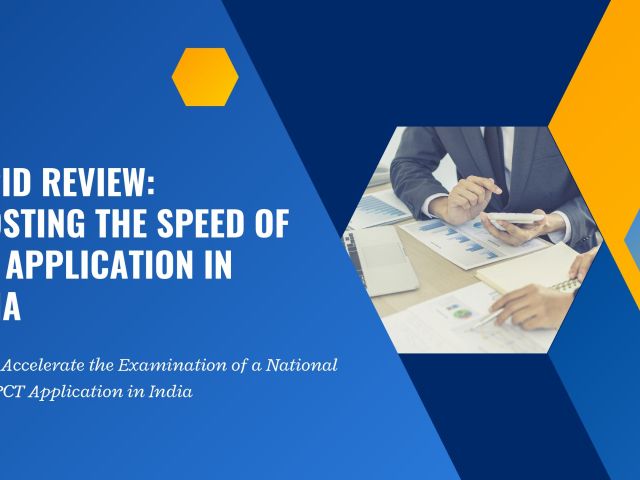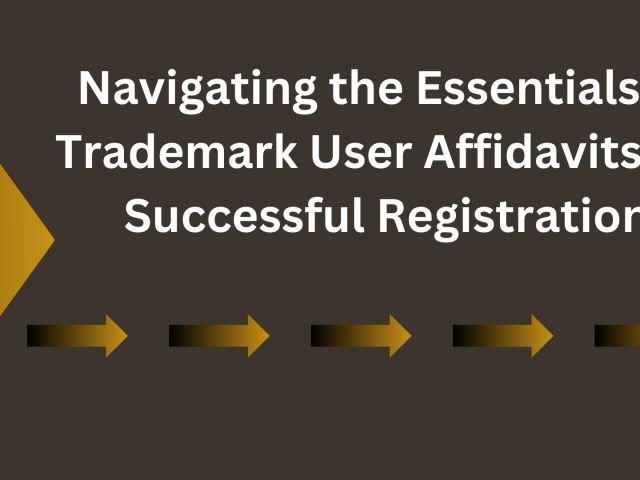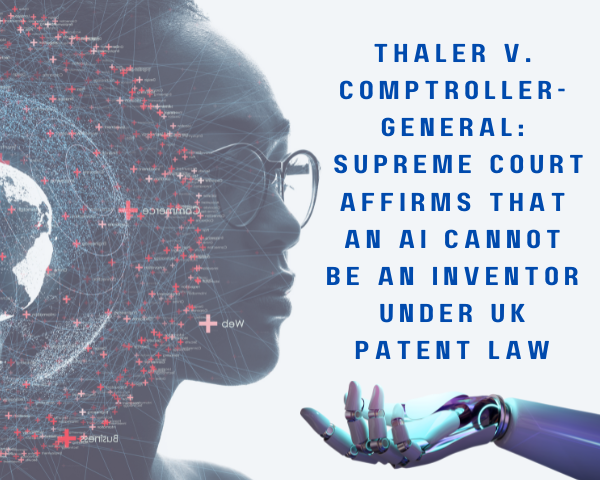The Hon’ble High Court of Delhi, vide its public notification dated October 09, 2020, has informed that the Court was currently in the process of outlining Rules under Section 158 of the Patents Act, 1970. The Court has additionally delivered a draft of the proposed “The High Court of Delhi Rules Governing Patent Suits, 2020” and has mentioned members from the public to give their remarks/recommendations on the equivalent within a period of 4 weeks to the Office of the Registrar General of Delhi High Court.
The Hon’ble High Court has outlined these Rules to alleviate the complexities undergone in patent suits given the increase in patent infringement cases over the most recent couple of years. The Rules will administer the method for adjudication of all patent suits as per the arrangements under the Patent Act, 1970, and the Code of Civil Procedure, 1908 (CPC) as amended by The Commercial Courts Act, 2015.
The proposed Rules endorse in detail, the substance of the plaint, written statement, replication, and such to be recorded with patent infringement cases. They likewise recommend the reports to be appended with these pleadings. This is an inviting venture, towards keeping up the consistency of pleadings in instances of patent infringement, where the need for reliefs is urgently sought for.
The Rules will govern and administer every patent suit and the technique set out in these Rules over the Delhi High Court (Original Side) Rules, 2018, to the extent that they are in conflict with the Delhi High Court (Original Side) Rules, 2018.
Highlights of the Draft Rules governing Patent Suits:
* As indicated by the proposed Rules, the plaint ought to contain a brief foundation of the technology, and the background of the innovation, specialized details of the invention and the patent, brief description of the product, ownership details of the patent, description of the infringement took place.
* The written statement must contain, the reason for the renouncement of the patent, where the legitimacy of the patent is tested. To help non-infringement, the written statement ought to likewise contain a specialized examination taking into the technical aspects of the invention. Further, the Rules additionally express that in the event that the defendant is eager to take a license, the quantum for such license must be specified clearly. In counterclaims, the grounds according to Section 64 of the Patents Act must be
* The Rules endorse the documents to be recorded alongside the plaint, which incorporates the certified duplicates of the certificate of award of patent alongside payment of annuities thereof, complete patent particulars, a rundown of all relating patent applications/grants in different nations. Records to be documented with the written statement/ counterclaim to incorporate, duplicates of any Court decisions and findings, or any patent authority identifying with the suit patent or a comparing patent application in any jurisdiction, expert report, and investigation for non-infringement or shortcoming in addition to other things.
* At the primary hearing, the patentee may look for seeking an interim injunction, an arrangement of a local commissioner for examination, etc inspection and review of manufacturing units, and other such requests.
* The Rules accommodate the constitution of confidentiality club by the Court for the conservation of confidential information between the parties in dispute. It is needed to ensure the preservation of audio and/or video clippings in an arrangement that is non-editable to protect the interests of parties.
* The Court may appoint a mediator any time during the continuance of the suit, if it is of the opinion that the parties to the suit shall settle their differences through mediation, thereby encouraging parties to resort to amicable dispute resolution methods.
* The Rules also provide guidelines for orders that may be passed or recourse the court can take during different stages of hearings.
* Special permission to adopt video recording of evidence under Audio/Video recording has been allowed under the Draft Rules.
* In order to ease the functioning and to assist the Court, Independent Technical Experts can now be chosen from each side by the parties who will be directed to be made available during the time of the final hearing.



